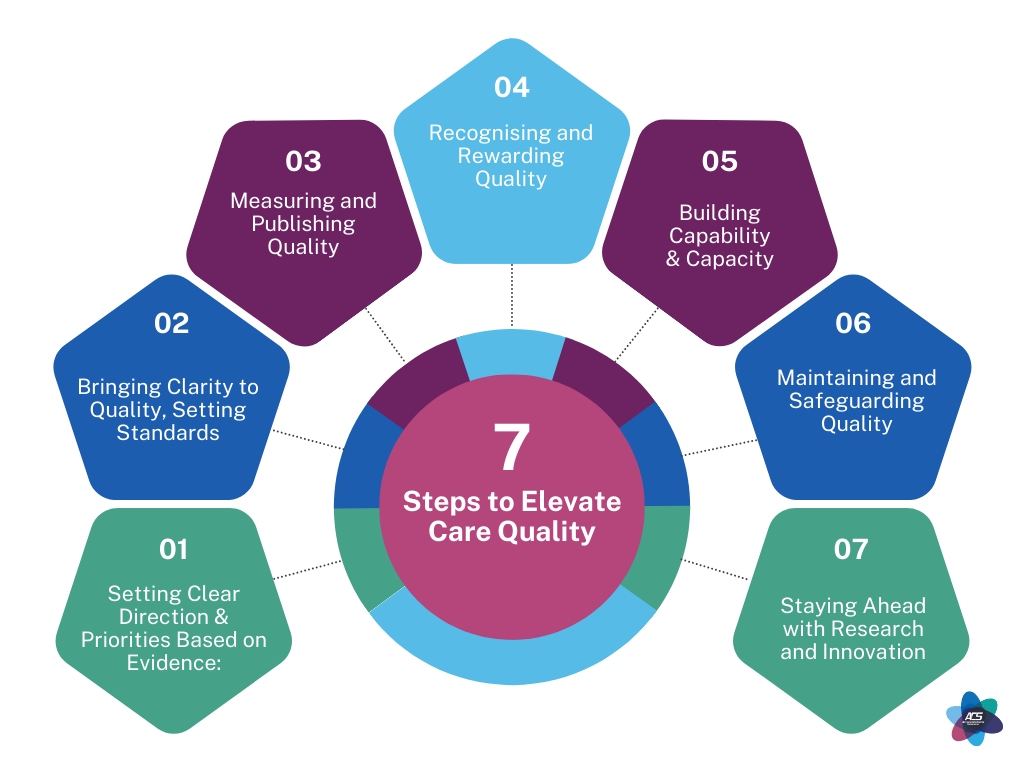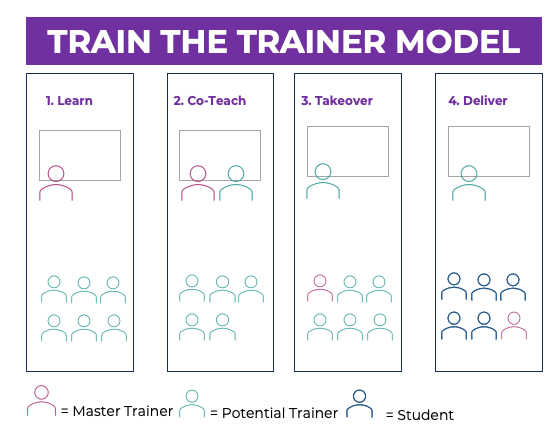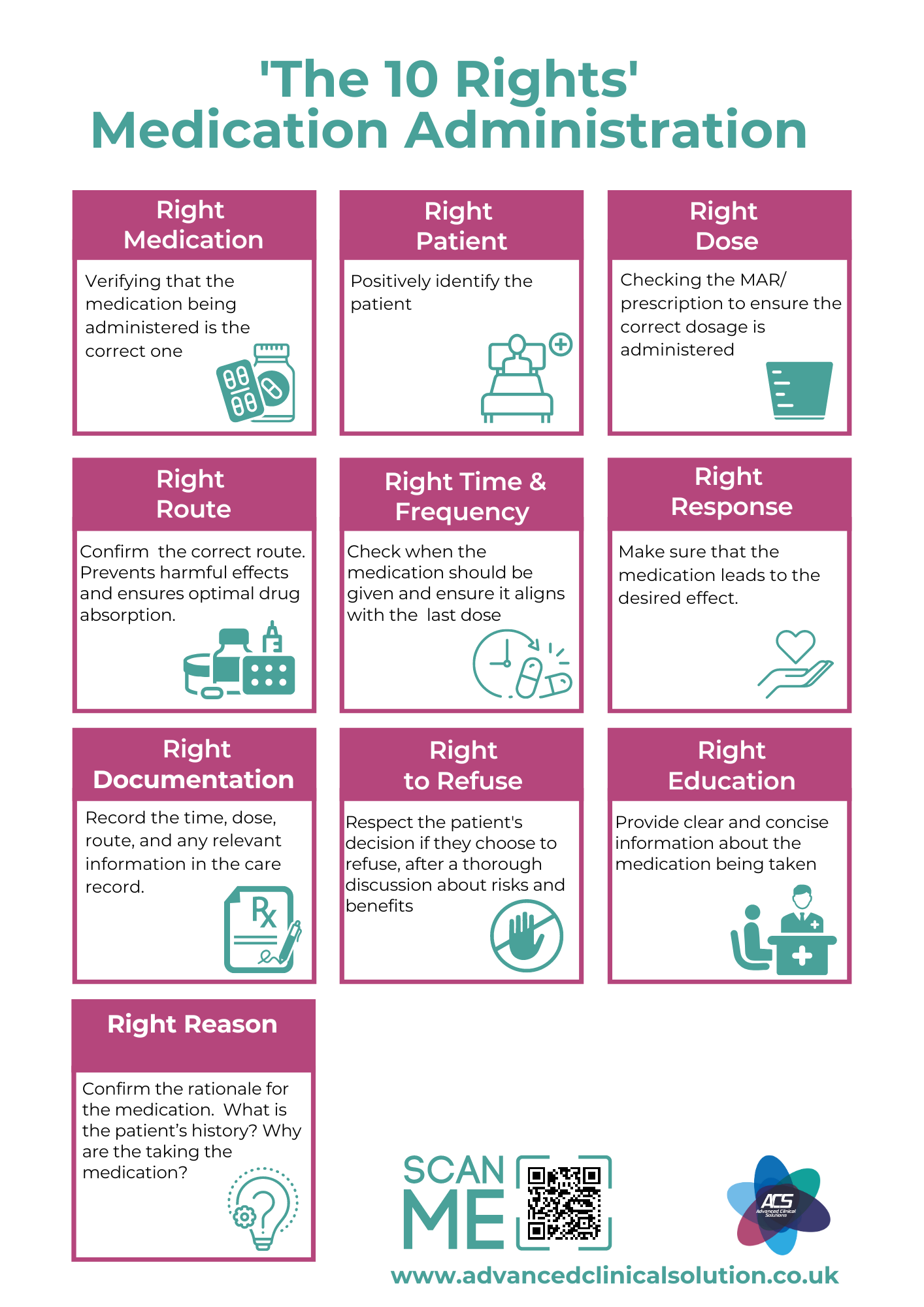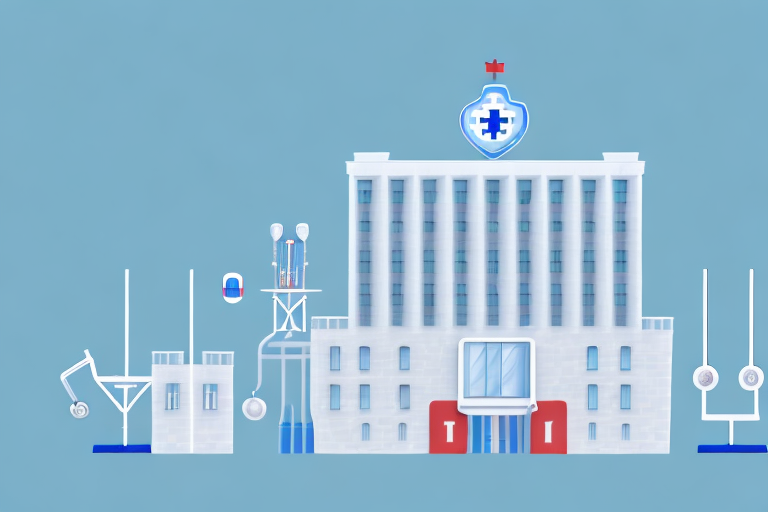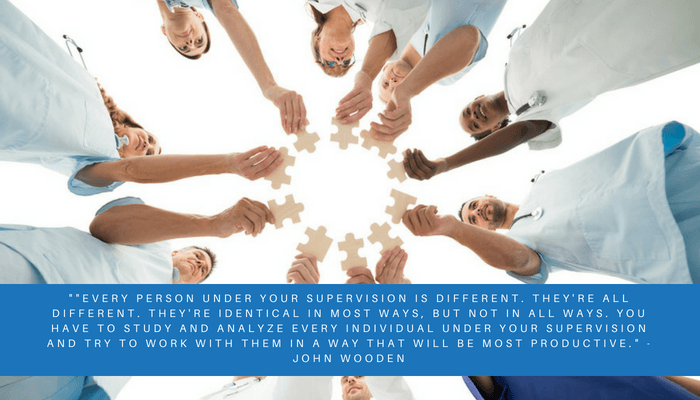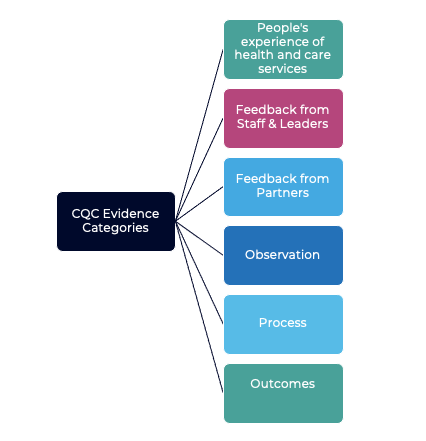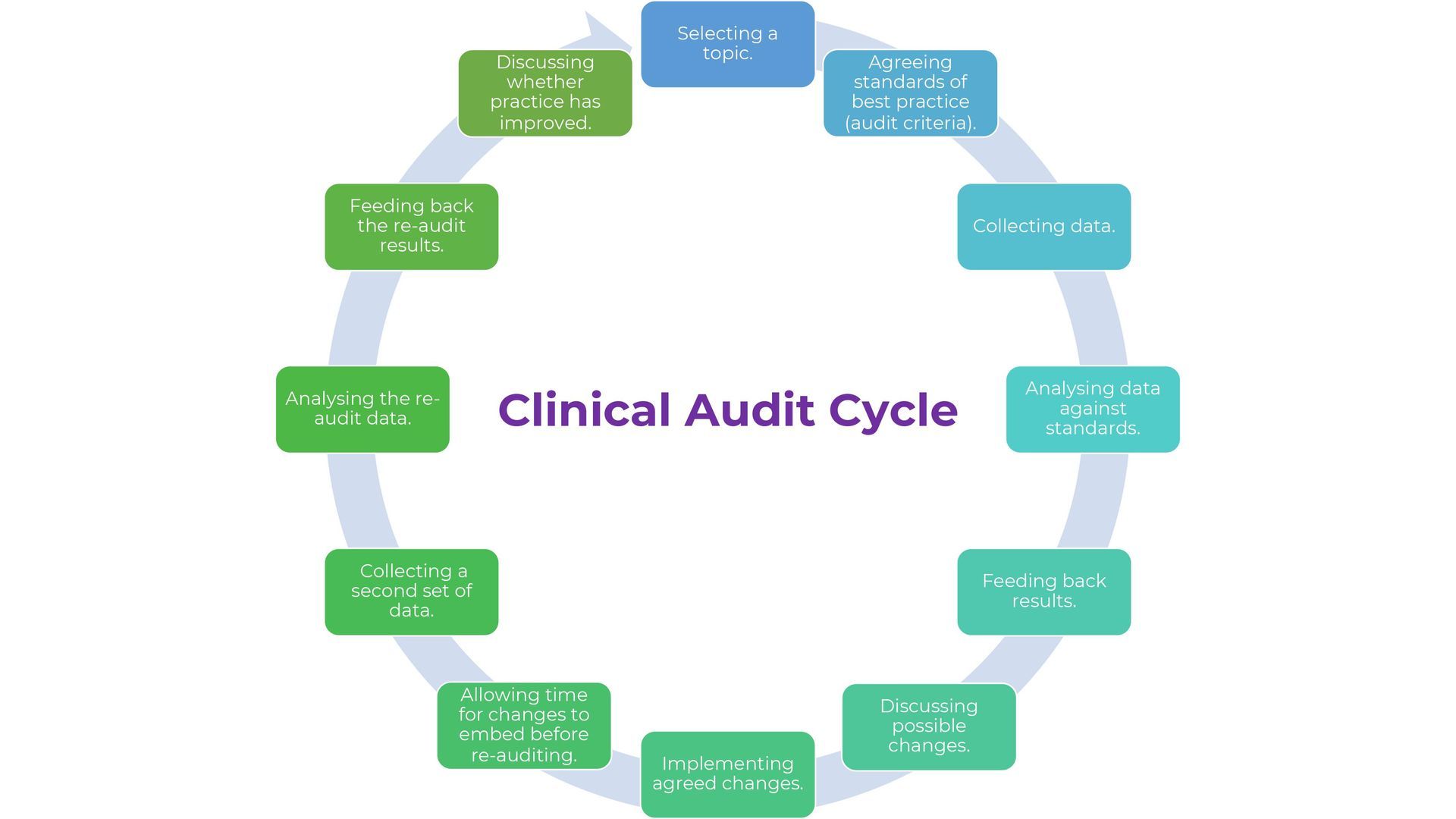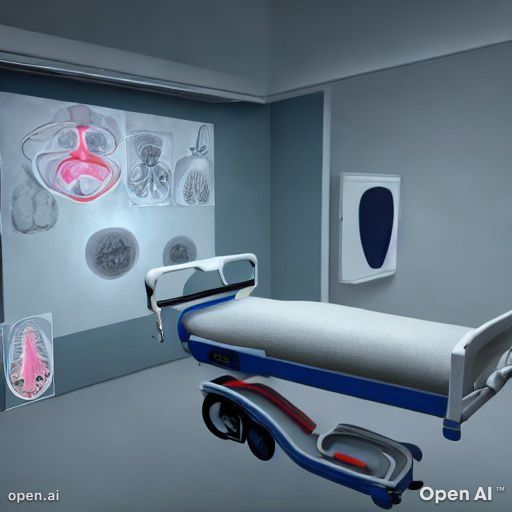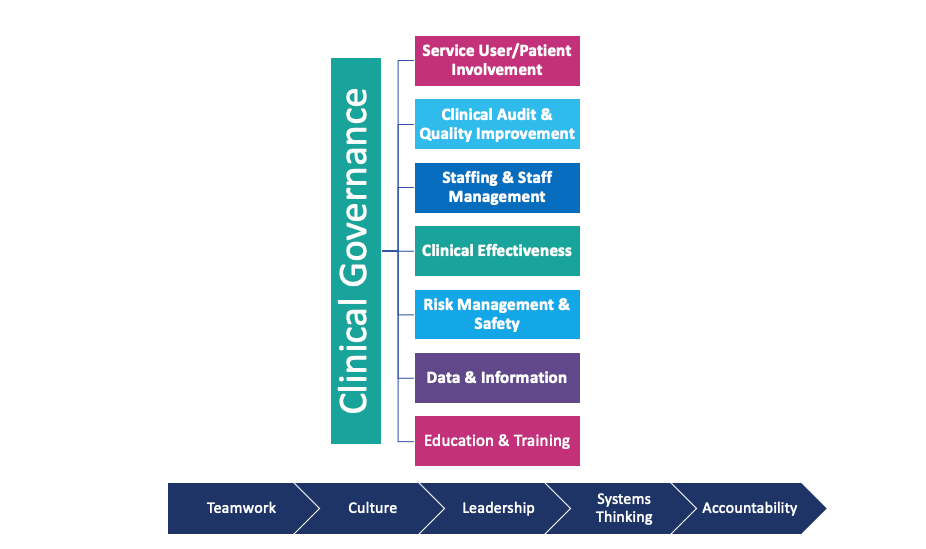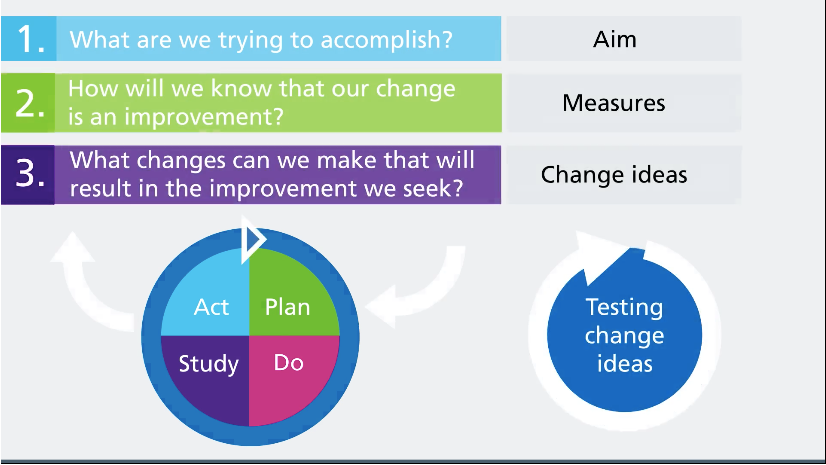Supporting Care Managers in Supervision
Benefits of an effective supervision framework
SUPPORTING MANAGERS IN SUPERVISION
‘Supervision is an accountable, two-way process, which supports, motivates and enables the development of good practice for individual care workers. As a result, this improves the quality of service provided by the organisation. Supervision is a vital part of individual performance management.’ ( Social Care Wales )
Supervision falls under Health and Social Care Act 2008 (Regulated Activities) Regulations 2014: Regulation 18 Staffing and although the CQC cannot prosecute for the breach of this regulation research into what happens within supervision suggests that effective supervision generates good outcomes for workers while experience suggests that “the consequences of absent, inadequate, or negative forms of supervision poses a threat to workforce stability, capacity, confidence, competence and morale”. (S.Goulder SCIE 2013)
Clinical supervision
The term ‘clinical supervision’ is sometimes used in the sense of the everyday supervision of a trainee’s performance. Clinical supervision involves being available, looking over the shoulder of the trainee, teaching on the job with developmental conversations, regular feedback and the provision of a rapid response to issues as they arise.
Clinical supervision is increasingly being carried out as an aspect of personal and professional development in all care organisations. It is an aspect of lifelong learning with potential benefits for both supervisor and supervisee
Educational supervision
Educational supervision has been defined as ‘The provision of guidance and feedback on matters of personal, professional and educational development in the context of a trainee’s experience of providing safe and appropriate patient care’ (Kilminster et al ., 2007, p. 2).
Educational supervision involves the teaching of specific skills and competencies, helping the learner to develop self-sufficiency in the ongoing acquirement of skills and knowledge. Educational supervision sometimes includes an element of assessment and may require the provision of pastoral care for some students or trainees. It is important that the educational supervisor flags up any concerns at an early stage.
Mentoring, coaching and appraisal
Mentoring, coaching and appraisal can all be viewed as specific examples of supervision in the sense that they all involve some of the similar interpersonal skills required in one-to-one conversations. Mentoring is guidance and support offered by a more experienced colleague. There is also co-mentoring, where colleagues meet to offer mutual support and help to each other. This might include such activities as ‘action learning sets’.
Coaching is a form of supervision aimed at unlocking someone’s potential to maximise their performance (Whitmore, 1996),whereas appraisal can be described as a process aimed at developing a person’s professional performance, potential and ideas about career development (Peyton, 2000).Skills for carrying out appraisal are closely related to those for supervision.
Advanced Clinical Solutions Ltd has a toolkit of over 150 + supervision activities for a variety of care settings. Along with over 40+ years combined practical clinical, nursing and managerial experience within our team ,we can support you to develop ,deliver and improve your supervision framework.
If you would like to know more about Advanced Clinical Solutions Ltd and receive a free sample of supervision tools
PLEASE CONTACT US
Josie Winter
Clinical Director- Advanced Clinical Solutions
www.advancedclinicalsolution.co.uk
josie@advancedclinicalsolution.co.uk
01633 415 427
Email Us
For general enquiries & questions,
contact us via email
Book Free Consultation
Need some advice face to face? Book a free 30 minute MS Teams consultation
Share
CHECK OUT OUR OTHER BLOG POSTS
Knowledge Hub

